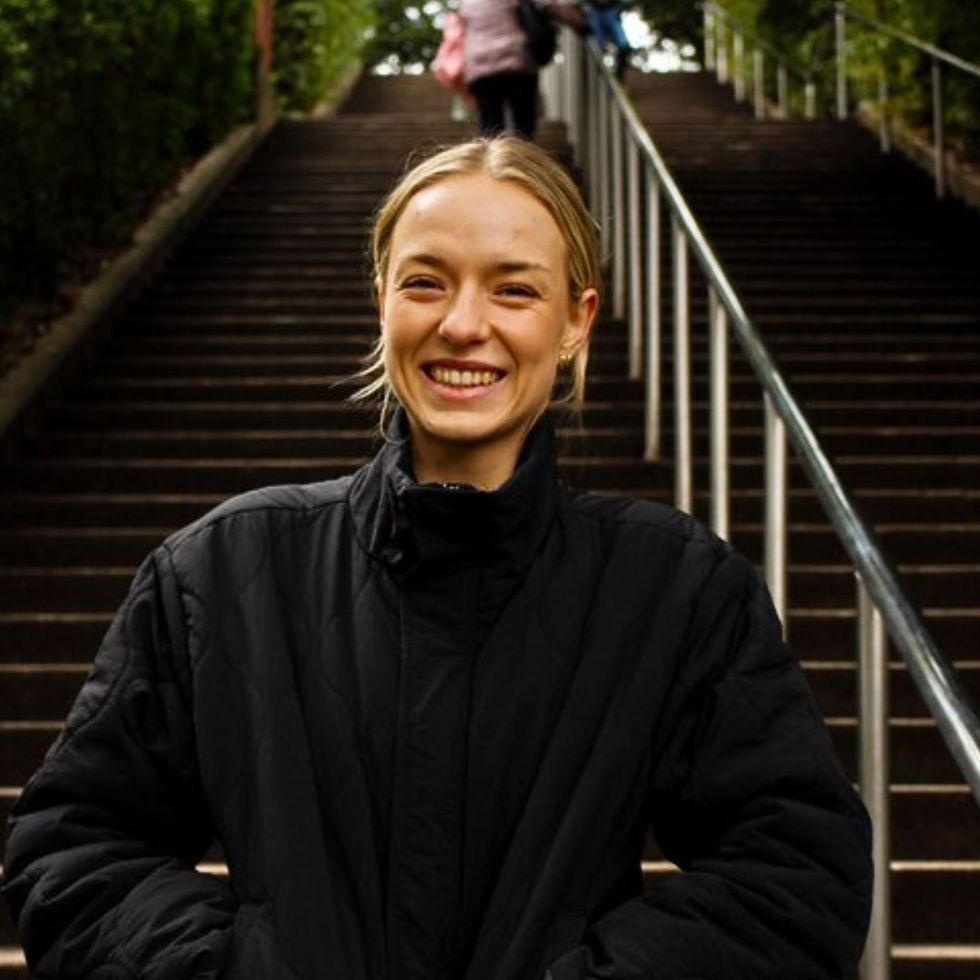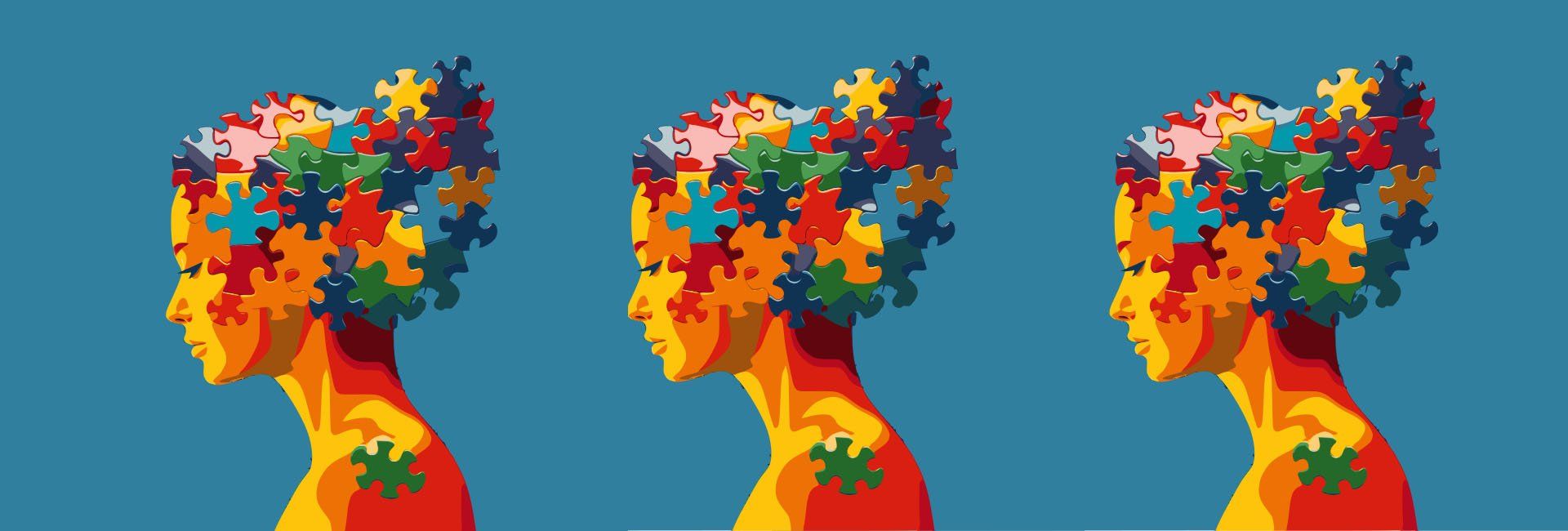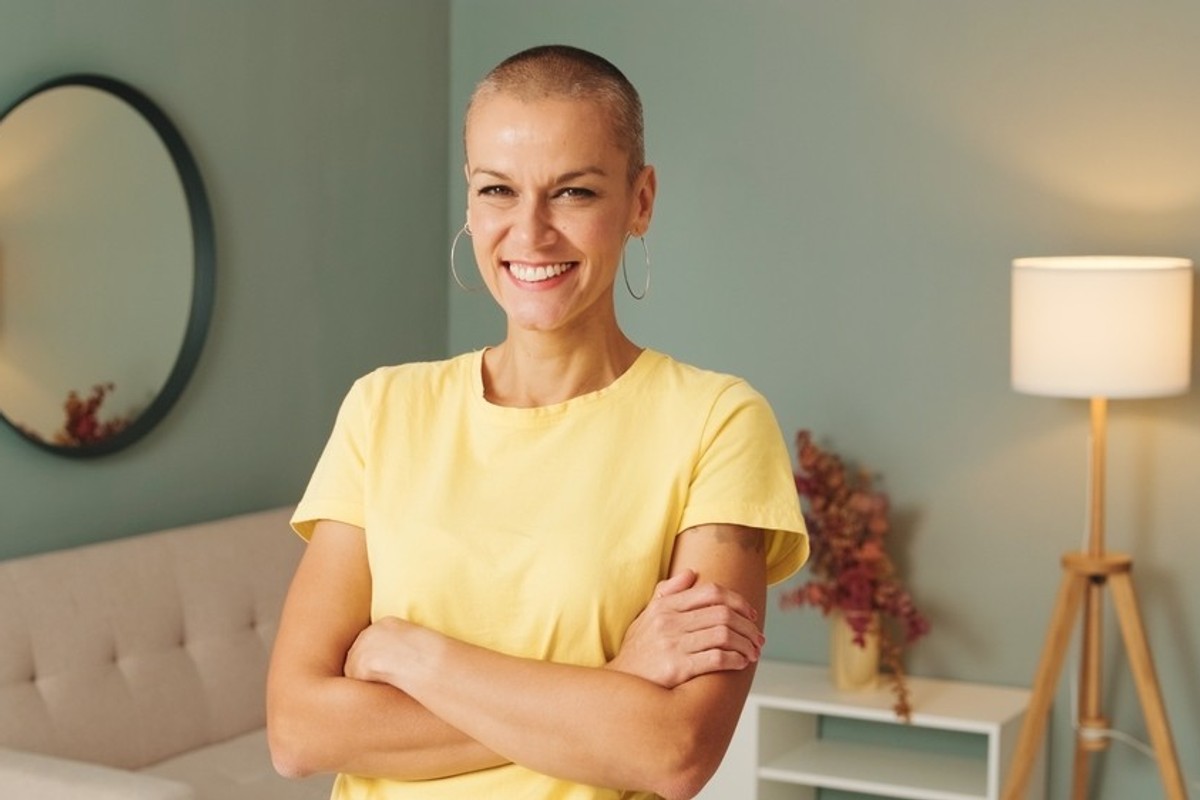Nearly 80 per cent of Autistic women may have been misdiagnosed as children. On World Autism Awareness Day, two women speak out about their long and arduous journey to receiving a diagnosis.
"I just hadn't let myself believe it. And it wasn't even because I thought there was anything bad or wrong with it … but I couldn’t allow myself to have that explanation because nobody had spotted it up until now. I thought maybe I was just being dramatic," Lily Odins recalled. “I don’t think people expect a fairly high functioning white straight girl in her twenties to be Autistic when I can make eye contact and hold conversations.”
Australia’s first National Autism Strategy, the draft of which was "expected to be released for public comment in early 2024", could change that. Autistic people, their families, carers and researchers are keen to see what the strategy will offer.
Odins’ journey to receiving her autism diagnosis was exactly that — a journey. Only officially diagnosed in August 2022, it took 23 years to come to this watershed moment which has given meaning to her years of confusion, struggles with mental health and countless therapy sessions.
This journey has also been travelled by Rebecca McCash who said that, despite having an Autistic brother, she was unable to pick up on qualities that she now sees were quite obvious characteristics of autism. “I thought myself quite the expert on autism," McCash said, "but I had no idea that I was Autistic myself, so that was quite the realisation.”
'Knowing [recently diagnosed] little kids know Autistic people are appreciated for their differences, listened to, is probably the most powerful thing in this process.'
Their experience is a well-trodden path for women. One Australian study estimated 80 per cent of Autistic women reach adulthood without being diagnosed. There are many potential explanations for this. Autism Australia cites a bias towards male presentation, autism in women being "overshadowed" by mental health (mis)diagnoses and that Autistic females are often better at masking (a learned behaviour where individuals pretend or hide parts of their identity to fit in socially).
McCash is the founder of the FutureTech Association of Australia, which offers STEAM (Science, Technology, Engineering, Arts & Math) based learning curricula for neurodivergent young people. She has also worked in the disability sector for more than nine years. Over Zoom, she told me about the reasons for this diagnosis gap between Autistic women and men, with masking in particular being a process she would sub-consciously engage in that led to her autism being overlooked.

“I used to kind of watch people all the time and had to copy and paste how they interacted with other people and mirror how they went about things and I didn't realise that everybody didn't do this.”
When Lily Odins and I met, she also said that masking was a big reason as to why she had been undiagnosed for so long. Overarching this are the stereotypes of women being emotional, and how it plays a role in misdiagnosis.
“If a woman is having a melt-down she’s just seen as being emotional. Oftentimes women are given diagnoses of things like borderline personality disorder or anxiety or depression and I think once you’ve got one of those labels, everything is just kind of put to that,” explained McCash.
There are serious implications for Autistic people who engage in masking or "camouflaging" tendencies. Research has found that there are elevated rates of depression, anxiety and suicidality amongst those who mask compared to those who don’t engage in those behaviours.
“The reality is that masking with no breaks and masking for other people's benefit, which is what it is for many Autistic people, is exhausting. It pushes you past your capacity and leads to Autistic burnout and leads to a lot of chronic health conditions and other mental health issues,” explained Odins.
As a recent architecture graduate, Odins explained how Autistic burnout impacted her, “It was so debilitating. I would come home from work and the commute home would be so exhausting that I would be physically sick and I would become non-verbal.”
As a result of systematic missed and misdiagnosis, Autistic women are severely under-represented on the National Disability Insurance Scheme (NDIS). The first NDIS quarterly report from 2023 detailed 70 per cent of Autistic NDIS participants were male.
Autistic Australians have a life expectancy rate 20 years shorter than the general population with suicide being the leading cause of death. These rates are indicative of a problem that needs urgent action. The Federal Government is developing Australia’s first National Autism Strategy which aims to address to enable better outcomes for all Autistic people. The government had said "the draft strategy is expected to be released for public comment in early 2024".
When released, it will sit alongside Australia’s 2021-2031 Disability Strategy. According to the Australian Government’s Department of Social Services, the new strategy will offer a “coordinated national approach to services and support for Autistic Australians and their families” and will address the different areas that current systems are failing Autistic people. This relates to the barriers in accessing timely and accurate diagnoses, which can be life-saving. Mental health organisation Hillside believes misdiagnosis can lead to confusion in the patient, incorrect medication being administered or the worsening of the condition.

Like Odins, McCash's diagnosis changed her world, “I actually experienced very, very major depression. And I was really unwell and really unhappy, right up to the point that I got my diagnosis. Part of the reason why that was life changing for me is that, I'd been searching for an answer, 'why am I so unhappy? Like, why don't I fit in?' You know, why did I experience this and this? And I finally had an answer. So, there was that. But also, more importantly, is that I finally had a framework to be able to support myself.”
Australia is lagging behind the rest of the world, with 10 comparable countries already having a National Autism Strategy including England, France and the United States. Despite this, McCash, who is on the National Autism Strategy Oversight Council's Economic Inclusion Working Group, is optimistic about the impact of the strategy can have when it is introduced.
“This could have happened at any point in history. I think what's so exciting about it and what's going to make the difference is that it is being completely informed by Autistic people themselves. I think the fact that Autistic people are being recognised as the experts in supporting Autistic people is insanely powerful,” McCash explained.
“Even having that and knowing that little kids who are, you know, recently diagnosed, they've got people to look up to and to know that Autistic people are respected and are appreciated for their differences and listened to, I think that’s probably the most powerful thing in this process.”
McCash believes that the National Autism Strategy will bring more public awareness around autism, and hopefully challenge not only ideas about neurodivergence being an individual deficit, but also in what people expect it to "look" like. This would highlight the "diversity" in neurodiversity, and ultimately help more people get diagnosed, as it addresses common misconceptions that would otherwise make people dismiss the possibility that they may be Autistic.
“I thought to myself many, many times, I think like an Autistic person, but I'm not an Autistic person because I don't show up in the world as looking like I'm Autistic,” McCash recalled. “[But] Autism isn't an observable thing for many people and that's sort of the way that we've always understood it. We've always sort of looked at people's behaviours and the way that they do things [in being able to identify Autistic people], but actually it's so much about the way you experience the world, the way you process things, we think about things.”
“If you’ve met one Autistic person, you’ve only met one Autistic person,” said Odins, conveying the complexity of autism and all the ways it can be presented. As she starts her new journey of learning who she is, without the mask, she is embracing the fact that her needs are just as valid as any other Autistic person.
Isabella is a Media (Communications & Journalism) and Arts student. She's a lover of plants, stress baker and enjoys a long phone call with friends.






